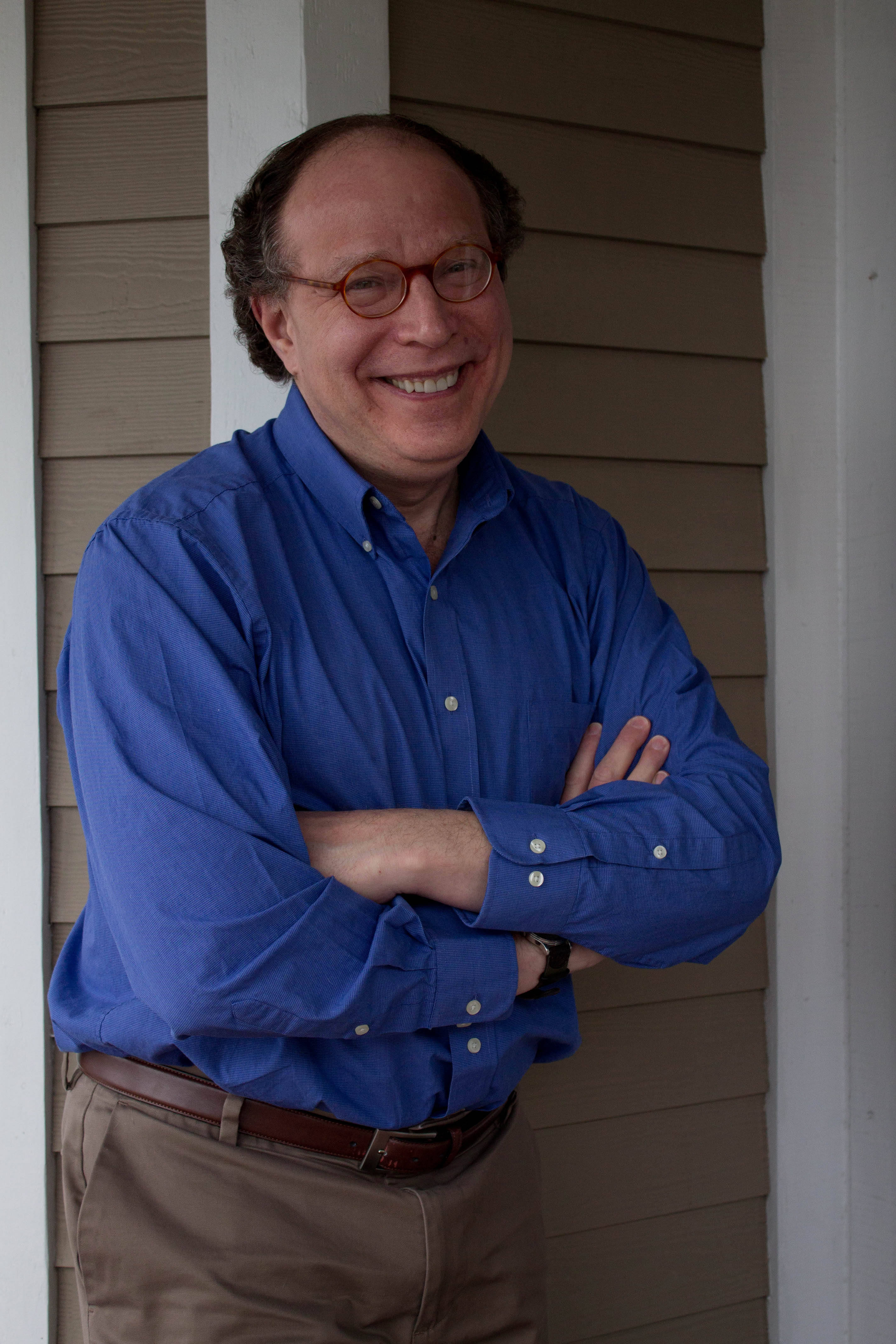My Cancer Experience
Bob Riter is the Executive Director of the Cancer Resource Center of the Finger Lakes. His articles about living with cancer have appeared regularly in the Ithaca Journal and in a blog on OncoLink, for many years. He shares his experiences and wisdom, which he has gained through his own cancer journey and helping countless individuals in traveling theirs. Below is Bob's survivor story and you can read more of his pieces from Bob's Cancer Columns on OncoLink.
My Cancer Experience
I first noticed a small lump under my left nipple when I was scratching my chest one summer night. I wasn’t especially concerned until a few weeks later when I realized that there was blood coming out of that nipple. My first reaction was more surprise than worry. I never knew that my nipple had any plumbing behind it. I had always assumed it was more or less ornamental.
I went to see my family doctor who sent me to a surgeon who did a biopsy. The report came back, “breast cancer.” I was 40 years old, in good health, had no family history of the disease, but there I was writing “mastectomy” on my calendar for August 30. It all seemed very surreal.
Although breast cancer is rare in men, it’s essentially the same disease as it is in women. One difference is that men almost always undergo a mastectomy. Of course, losing a breast does not have the same significance for a man as for a woman. On the flip side, men are more likely to go around shirtless. I’m usually the only single-nippled fellow in the pool.
Chemotherapy was the scariest part of treatment because I didn’t know what to expect. It was all explained to me, of course, but I didn’t know how my body would react. Actually getting the chemo seemed rather anticlimactic – they put in an IV, dripped in some drugs, put on a bandaid and sent me home. I waited for bad things to happen. Fortunately, my side effects were relatively mild with fatigue being the primary problem. I never threw up once. Ironically, my dog threw up the very first night of my chemo. I would have appreciated her empathy more had she not made a mess of the carpet.
Shortly after being diagnosed, I opened a fortune cookie and read a message that said, “You have yet to live the best years of your life.” I wasn’t sure if I was supposed to find that comforting or worrisome.
For the past ten years, I’ve worked at the Cancer Resource Center of the Finger Lakes. (Until a few years ago, we were known as the Ithaca Breast Cancer Alliance). Most of our work involves helping people through a cancer diagnosis and treatment. Sometimes what we do is listen and give people space to think through their options. Other times, we track down information or help with such practicalities as getting to care and paying for it.
People often ask how cancer changed me. I used to focus more on long-range plans. After my diagnosis, I began to focus more on the present and the near-term. I worry less about the future and ask myself if I’m happy and if I’m making a difference in my community. The bumper sticker on my car sums up my feelings: “I’d rather be here now.”
